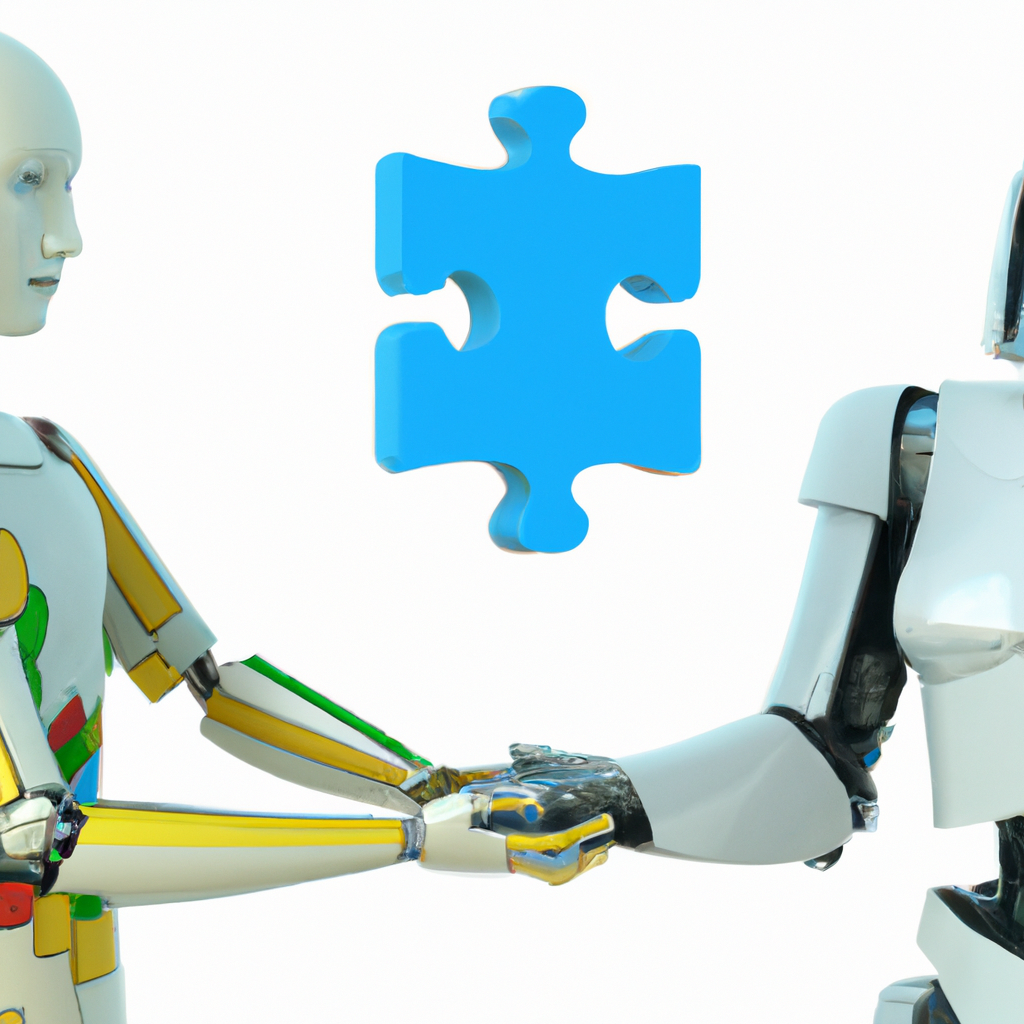
Are We Delegating Work to AI or Is AI Delegating Work to Us?
In today's tech-savvy era, the use of artificial intelligence (AI) has become a norm. AI innovations are increasingly finding their way into our daily lives, from AI-driven virtual assistants like Siri or Alexa to AI-enabled automated customer service. However, as AI technology evolves, questions arise: Are we delegating work to AI, or is AI delegating work to us?
The Evolution of AI
Before pondering this question, let's take a quick look at how AI has evolved over the years.
- The Birth of AI: The concept of AI was first introduced in the mid-20th century. Early AI was primarily rule-based and could only perform tasks it was explicitly programmed for, like chess games.
- Machine Learning Era: With the advent of the internet and the explosion of data, machine learning algorithms were developed. These algorithms can learn from data and improve over time, enabling AI to perform complex tasks like image recognition or natural language processing.
- Deep Learning Revolution: The most recent development in AI is deep learning, where algorithms mimic the human brain's structure and function. This has opened up new possibilities, such as self-driving cars and AI that can beat human champions in games like Go or Poker.
Delegating Work to AI
It's clear that we're delegating more and more work to AI. Here are some examples of how we're doing this:
- Automated Customer Service: Companies are using AI to handle customer service inquiries, freeing up human agents for more complex issues.
- AI in Healthcare: AI is being used to predict diseases, analyze medical images, and personalize patient treatment plans.
- Self-driving Cars: AI is being used to navigate roads and avoid obstacles, reducing the need for human drivers.
- AI in Manufacturing: Robots powered by AI are being used to automate repetitive tasks, increasing efficiency and productivity.
Is AI Delegating Work to Us?
While it's clear we're delegating work to AI, it's less clear whether AI is delegating work to us. However, several arguments suggest that this might be the case:
- AI Requires Human Input: Even with advanced machine learning and deep learning algorithms, AI still needs human input to function. This includes training data, initial setup, and ongoing maintenance.
- AI Creates New Jobs: While AI automates some jobs, it also creates new ones. For example, there's an increasing need for AI specialists who can develop and maintain AI systems.
- AI Augments Human Work: In many cases, AI doesn't replace human work but augments it. For example, AI can handle routine tasks, freeing up humans to focus on more complex and creative tasks.
The Symbiotic Relationship between Humans and AI
The relationship between humans and AI isn't a one-way street where only one side is benefiting. Instead, it's more of a symbiotic relationship where both humans and AI benefit:
- Humans Benefit from AI: AI can automate routine tasks, provide insights from large amounts of data, and perform tasks beyond human capabilities. This not only increases productivity and efficiency but also opens up new possibilities and opportunities.
- AI Benefits from Humans: AI relies on humans for initial setup, ongoing maintenance, and improvements. Moreover, AI can't replicate human creativity, empathy, and decision-making abilities. Therefore, AI needs humans to perform tasks that require these qualities.
The Future of AI and Work
Looking forward, the relationship between humans and AI is set to evolve further:
- More Advanced AI: As AI technology continues to advance, we can expect to delegate more complex tasks to AI. For example, AI might play a more significant role in decision-making processes or creative tasks.
- More AI Augmentation: Instead of replacing humans, AI is likely to augment human work further. This might involve more collaboration between humans and AI, with AI providing insights and recommendations and humans making the final decision.
- More AI Education and Training: As AI becomes more integrated into our lives, there's likely to be a greater need for AI education and training. This will help people understand how to use AI effectively and responsibly.
Conclusion
In conclusion, it's not a question of whether we're delegating work to AI or AI is delegating work to us. Rather, it's a symbiotic relationship where both humans and AI are benefiting. As AI technology continues to evolve, this relationship is set to become even more integral to our lives. Therefore, it's crucial to understand this relationship and how to make the most of it.